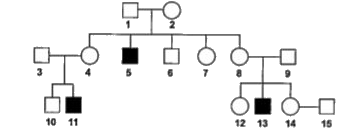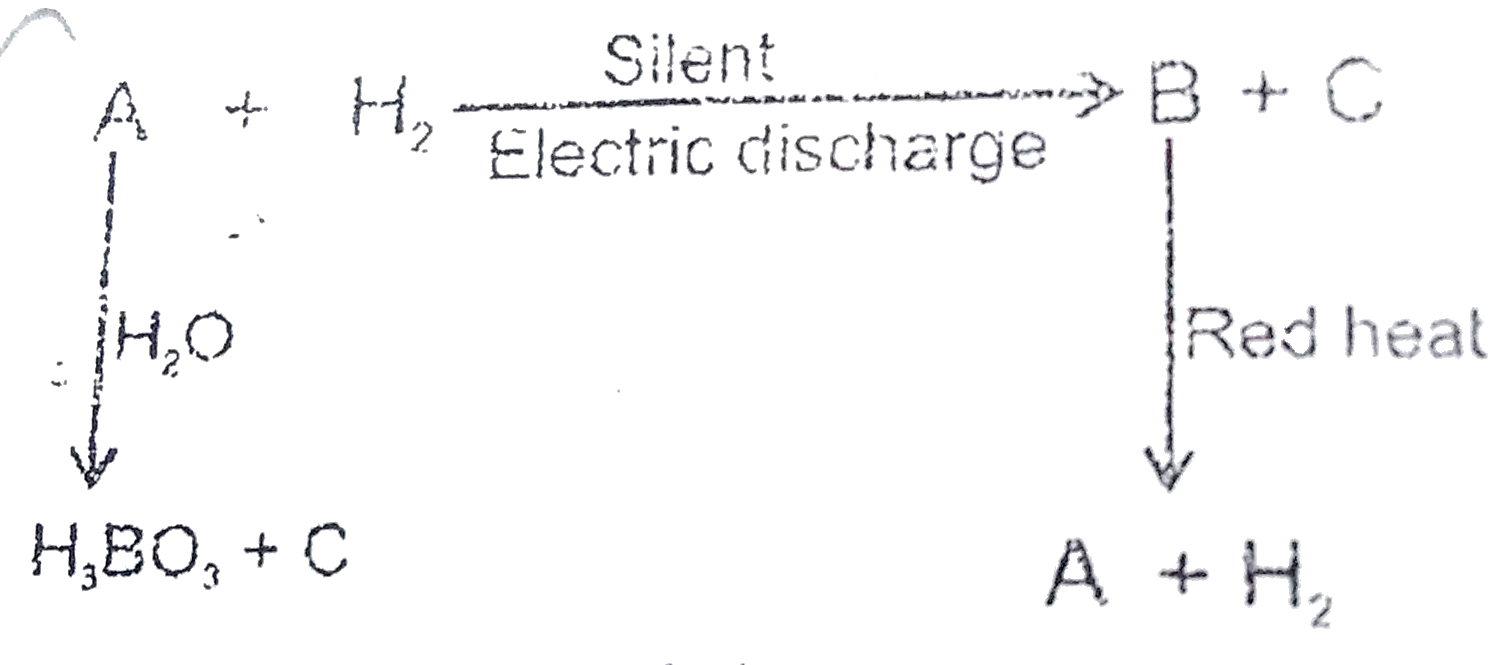Identify the correct statement
Lead forms compounds in +2 oxidation state due to inert pair effect
All halogens form only negative oxidation states
Catenation property increases from boron to oxygen
Oxygen's oxidation state is - 1 in ozonides
The correct Answer is:A
To solve the question of identifying the correct statement among the given options, we will analyze each statement step by step.
1. Analyzing the First Statement:
- The first statement claims that lead forms compounds in the +2 oxidation state due to the inert pair effect.
- Lead (Pb) has an atomic number of 82 and belongs to the carbon family (Group 14).
- Its electronic configuration is (Xe) 6s² 6p².
- The inert pair effect refers to the tendency of the s-electrons (in this case, the 6s² electrons) to remain unshared in compounds, leading to a more stable +2 oxidation state compared to +4.
- Therefore, this statement is true.
2. Analyzing the Second Statement:
- The second statement asserts that all halogens form only negative oxidation states.
- While halogens typically have a -1 oxidation state, they can also exhibit positive oxidation states.
- For example, bromine (Br) can have a +3 oxidation state in compounds like BrF₃.
- Hence, this statement is false.
3. Analyzing the Third Statement:
- The third statement suggests that catenation property increases from boron to oxygen.
- Catenation is the ability of an element to form chains of atoms through covalent bonds.
- Carbon exhibits the highest catenation ability, while oxygen has a much lower catenation property.
- Thus, this statement is false.
4. Analyzing the Fourth Statement:
- The fourth statement claims that the oxidation state of oxygen in ozonide (O₃⁻) is -1.
- In ozonide, the total charge is -1, and since there are three oxygen atoms, the average oxidation state of each oxygen atom is -1/3.
- Therefore, this statement is false.
Conclusion:
After analyzing all statements, the only correct statement is the first one regarding lead and the inert pair effect.
Thus, the correct answer is:
Option A: Lead forms compounds in +2 oxidation state due to inert pair effect.
- The first statement claims that lead forms compounds in the +2 oxidation state due to the inert pair effect.
- Lead (Pb) has an atomic number of 82 and belongs to the carbon family (Group 14).
- Its electronic configuration is (Xe) 6s² 6p².
- The inert pair effect refers to the tendency of the s-electrons (in this case, the 6s² electrons) to remain unshared in compounds, leading to a more stable +2 oxidation state compared to +4.
- Therefore, this statement is true.
- The second statement asserts that all halogens form only negative oxidation states.
- While halogens typically have a -1 oxidation state, they can also exhibit positive oxidation states.
- For example, bromine (Br) can have a +3 oxidation state in compounds like BrF₃.
- Hence, this statement is false.
- The third statement suggests that catenation property increases from boron to oxygen.
- Catenation is the ability of an element to form chains of atoms through covalent bonds.
- Carbon exhibits the highest catenation ability, while oxygen has a much lower catenation property.
- Thus, this statement is false.
- The fourth statement claims that the oxidation state of oxygen in ozonide (O₃⁻) is -1.
- In ozonide, the total charge is -1, and since there are three oxygen atoms, the average oxidation state of each oxygen atom is -1/3.
- Therefore, this statement is false.
After analyzing all statements, the only correct statement is the first one regarding lead and the inert pair effect.
Option A: Lead forms compounds in +2 oxidation state due to inert pair effect.
Similar Questions
Knowledge Check
The pedigree chart given below represents the pattern of inheritance of haemophilia in a family. Study it carefully and answer the following questions:

Identify the correct statement with respect to member '4':AHe is a carrier maleBShe is a carrier femaleCHe is haemophilicDShe is a homozygous femaleConsider a Py orbital of an atom and identify correct statement
As-orbital of another atom produces π-bond when y is the bond formation axisBpy-orbital of another atom produces σ-bond when x is the bond formation axis.Cpz-orbital of another atom produces π-bond when x is the bond formation axis.Ddxy-orbital of another atom produces π-bond when x is the bond formation axis

